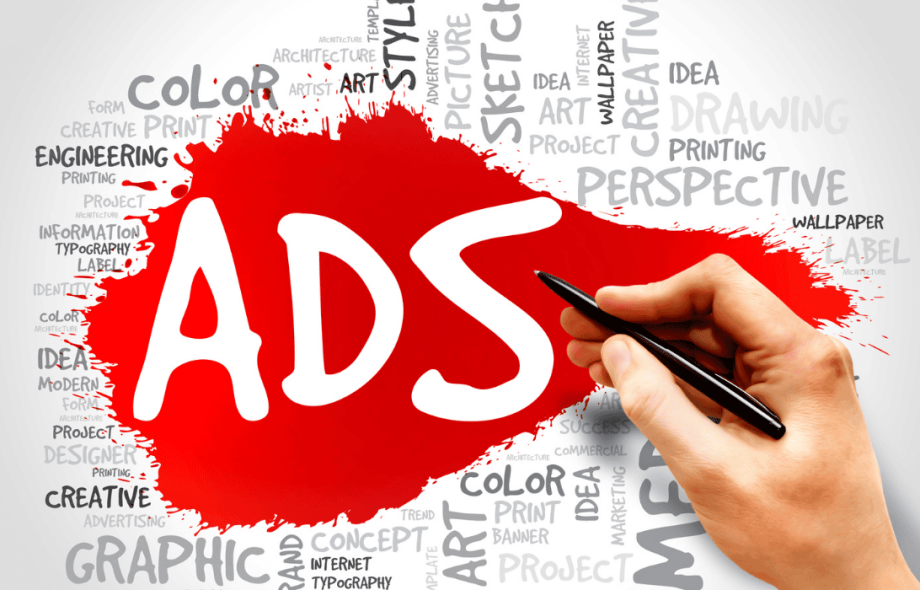When choosing between Facebook Ads and Google Ads for your business, it’s essential to understand the unique strengths of each platform and how they align with your marketing goals. Here’s a comparison to help you decide which is the right fit for your business:
1. Audience Targeting
Facebook Ads: Facebook Ads are excellent for targeting based on demographics, interests, behavior, and social connections. If you’re trying to reach a broad audience or focus on specific interest groups, Facebook offers advanced targeting options.
Google Ads: Google Ads target users based on intent. This is best for capturing individuals actively searching for specific products or services. If you want to reach potential customers who are already looking for what you offer, Google Ads is ideal.
2. Ad Formats
Facebook Ads: Facebook offers a variety of visually engaging ad formats, including image ads, carousel ads, video ads, and story ads. These formats are great for creating compelling, engaging content that resonates with users.
Google Ads: Google primarily uses text ads for search results and display ads across websites. Google Ads is more focused on getting clicks based on direct search queries, while Facebook is geared more toward visual storytelling.
3. Ad Intent
Facebook Ads: The platform is more about brand awareness and engagement. You can catch users’ attention as they scroll through their feed, even if they aren’t actively looking for your product.
Google Ads: Google Ads are great for direct response and conversion. Users on Google are searching with specific intent, meaning they are more likely to take action, whether it’s purchasing a product or signing up for a service.
4. Budget and Cost Efficiency
Facebook Ads: Typically, Facebook Ads are less expensive per click, especially for building brand awareness and driving engagement. However, the costs can rise depending on competition and targeting precision.
Google Ads: While Google Ads might have a higher cost-per-click (CPC), the leads you generate are often more qualified because they’re actively searching for your products or services.
5. Performance Tracking and Analytics
Facebook Ads: Facebook provides detailed analytics for engagement, such as likes, comments, shares, and clicks, which helps you track how users are interacting with your ads.
Google Ads: Google Ads is incredibly strong in conversion tracking, giving you precise data about search queries, clicks, and the performance of your ads.
6. Best Use Cases
Facebook Ads:
Ideal for businesses looking to build brand awareness, promote content, or engage with potential customers.
Works well for consumer products or services where lifestyle and visual appeal matter.
Best for retargeting potential customers who have interacted with your business before.
Google Ads:
Great for businesses looking for direct leads and conversions.
Ideal for local services, e-commerce, or industries where people actively search for specific products or services.
Useful for reaching individuals at the exact moment they are searching for something you offer.
Conclusion:
If you want to target people based on their interests, behaviors, or demographics, Facebook Ads may be the best option for you. It’s great for branding and engagement.
If you’re looking for a platform to capture high-intent users actively searching for products or services, Google Ads is your go-to. It’s perfect for direct sales and conversion.
In many cases, businesses can benefit from using both platforms in tandem, leveraging Facebook Ads for awareness and engagement while using Google Ads for conversions.
 :
https://in.pinterest.com/asclique/
:
https://in.pinterest.com/asclique/












